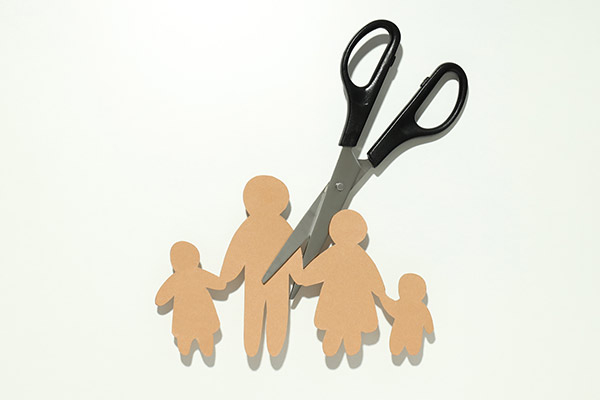Out of the mouths of babes
November 14, 2022

A number of years ago, I dedicated a column to “Voices of Children – When Should They Be Heard?” Wisconsin Law Journal, January, 2016. In that article, I noted that in Wisconsin, unlike some other states, children never come to court and testify – either in open court or in chambers – regarding their preferences for custody or placement. Rather, Wis. Stat. §767.407 (4) requires the guardian ad litem to “consider, but not be bound by, the wishes of the minor child …” and “communicate to the court the wishes of the child” unless the child requests otherwise.
On Oct. 18, the District III Court of Appeals affirmed the trial court’s order in Biehl v. Hyde, No. 2021AP868, which modified a 9-5 placement schedule, which was agreed to by the parties at the time of divorce, to equal placement. The trial court concluded that the statutory presumption to maintain the existing placement had been overcome and that equal placement was in the best interests of the child. The court stated that the largest factor was the child’s “sincere wish that she … spend … equal time with each parent”. The child was not even 8 years old.
While the case is not recommended for publication (the Wisconsin Chapter of the AAML is considering, over my objection, petitioning for publication), it is an authored opinion which can be cited for its persuasive value. Significantly, the appellate court cited with approval another unpublished, but citable opinion affirming a trial court for modifying placement, finding it quite persuasive.
While a child of 16 years with a car is going to make his or her own decision about placement, do we really want to give a 7 year old that authority? In my experience as a guardian ad litem, many – in fact, most – children do not want that authority. As one young girl about that age told me, “Why is everyone asking me who I want to live with? I’m just a kid – adults should make that decision!”
Empowering children before it is necessary to do so (see the age 16 example above) can lead to poor parenting decisions. Allowances can increase, discipline decrease (R-rated movies and video games allowed in one house and not the other) and the children can become subject to all sorts of pressure and manipulation.
In certain cases, placement and child support become interwoven as the more placement given to a parent, the lower the exposure for that parent to pay support – or the more support that parent will receive. The result is akin to marketing in children – even if it costs more to have children for longer stretches, some parents prefer direct costs to paying the other parent.
Wouldn’t it be nice if parents could truly agree that kids come first. Fortunately, most parents not only believe that, but also act accordingly. For those few who don’t act that way, our legal system should discourage litigation. And, as much as possible, leave the children out of it if it occurs.





